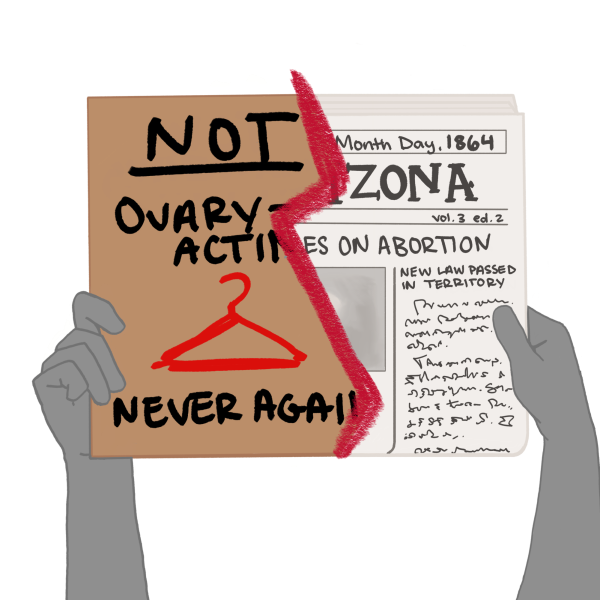U.S. presence in Afghanistan dissipates

Alex Hanks\The Paisano
August 31, 2021
On August 30, the United States concluded its 20 year occupation of Afghanistan. Following a Trump era promise to withdraw troops, the Biden administration followed through and received several criticisms about the nature of the departure. As the U.S began evacuating troops the Taliban quickly took control of the country evidencing one of the projects chief criticisms- that a decrease in U.S presence would lead to a quick reversal of the progress done over the last twenty years.
The issues after the U.S withdrawal from Afghanistan speaks to a larger problem. The United States has historically placed itself in various countries either to promote democracy, further its economic pursuits or avenge its wrongs, as seen after 9/11. The United States has practiced placing itself in countries all over the world, but has not yet mastered how to help them once the “beacon of democracy” dissipates.
President Biden was put in a tricky situation and in his position it can be hard to know what the right decision is, but at the very least the administration should have been prepared to receive Afghan refugees, offering as much humanitarian aid within capacity. The Biden administration also reassured opponents that the Taliban would not topple the country, but within days of withdrawing troops the terrorist group quickly gained ground. In this instance, President Biden should have been more truthful, acknowledging the potential risks that a large scale troop withdrawal would mean.
There are many ways the decline in U.S presence could have been conducted, but one thing is certain, the Afghan people who have been put in danger as a result should be given the utmost attention not only to preserve the United States image abroad, but because it is the right thing to do.











